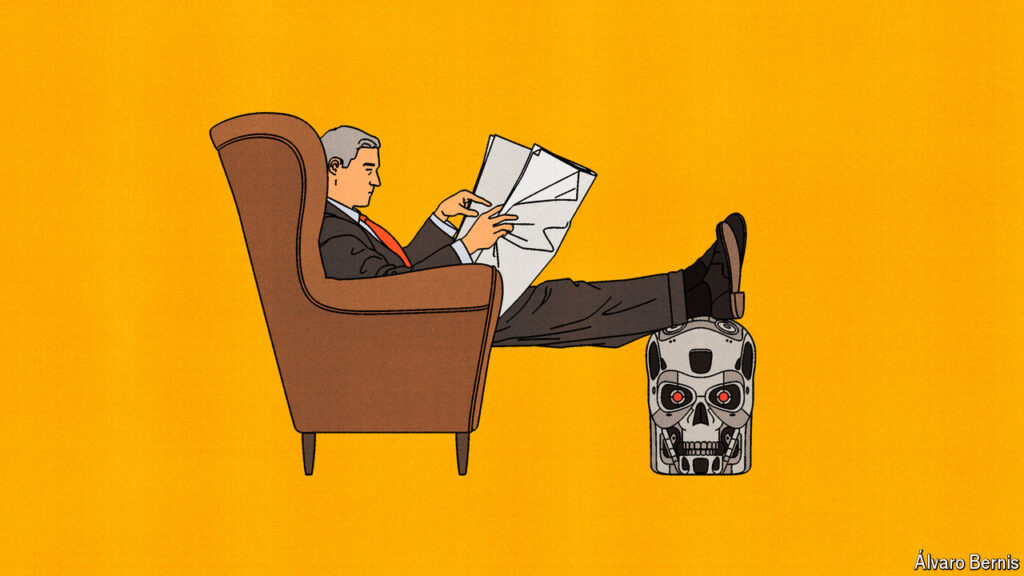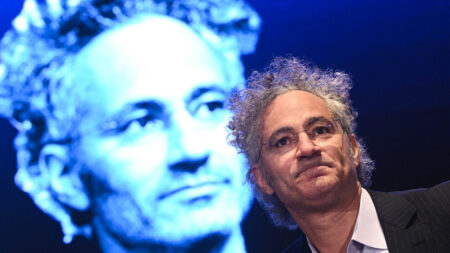In “Permutation City”, a novel by Greg Egan, the character Peer finds himself bored with immortality in a virtual reality he controls. Seeking new passions, he delves into mathematics one moment and writes operas the next. Peer’s changing interests raise a deeper question: when technology has solved humanity’s problems, what is left to do? This dilemma is explored in a new book by Nick Bostrom, a philosopher at the University of Oxford, who previously warned of a one-in-six chance of humanity being wiped out by risky AI. In his latest work, “Deep Utopia”, Bostrom imagines a world where AI surpasses all expectations, potentially doing all work at minimal cost, even tasks like parenting.
Bostrom’s scenarios in “Deep Utopia” range from AI handling all economic tasks to excelling at traditionally human roles. While this may seem dystopian, Bostrom argues that the potential benefits outweigh the risks. The idea of AI mastering tasks like parenting raises ethical and philosophical questions about the role of humans in a world where technology excels at everything. It challenges our understanding of work, purpose, and identity in a society where AI can outperform humans in various domains.
The concept of a world where AI has surpassed human capabilities raises concerns about inequality and job displacement. If AI can do all work at near-zero cost, what happens to those who rely on employment for income? How do societies adjust to a reality where traditional economic models no longer apply? These questions require careful consideration in envisioning a future where AI reshapes the fabric of society in unforeseen ways.
Bostrom’s exploration of a “Deep Utopia” where AI excels at all tasks prompts reflection on the implications of such technological advancement. The idea of a society where AI handles parenting raises profound questions about human relationships, emotions, and values. How do we define parenthood in a world where AI can provide superior care and guidance to children? What does it mean to be human when machines can outperform us in fundamental aspects of life?
The potential consequences of AI surpassing human capabilities extend beyond practical concerns to existential questions about the essence of humanity. In a world where AI can do everything better than humans, what is left for us to contribute? How do we find purpose and fulfillment in a society where our traditional roles are obsolete? These philosophical inquiries challenge us to rethink our assumptions about progress, success, and the nature of existence in a world dominated by advanced artificial intelligence.
In conclusion, “Deep Utopia” by Nick Bostrom offers thought-provoking insights into a future where AI has surpassed human capabilities. The scenarios presented in the book raise profound questions about work, identity, and society in a world where technology has redefined the boundaries of human potential. As we grapple with the implications of AI’s advancement, we are forced to confront fundamental questions about our place in a world where machines may outshine us in ways we never imagined. Bostrom’s exploration of a “Deep Utopia” challenges us to reconsider our values, beliefs, and expectations in a world where the boundaries between human and machine become blurred.












